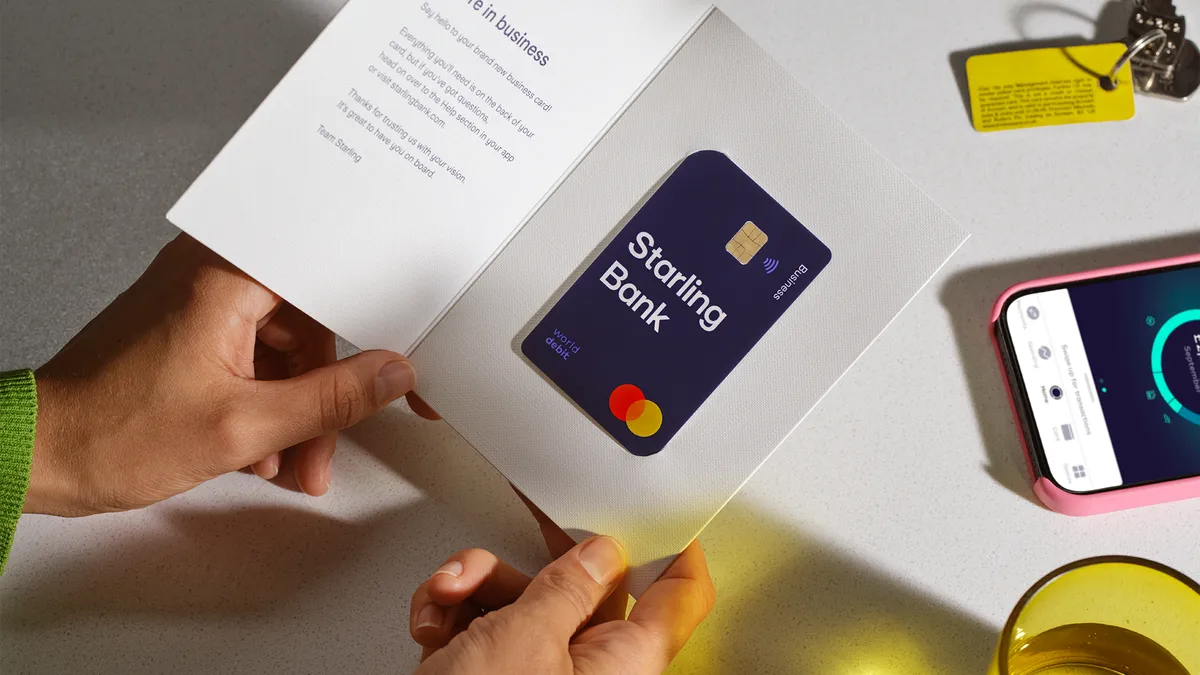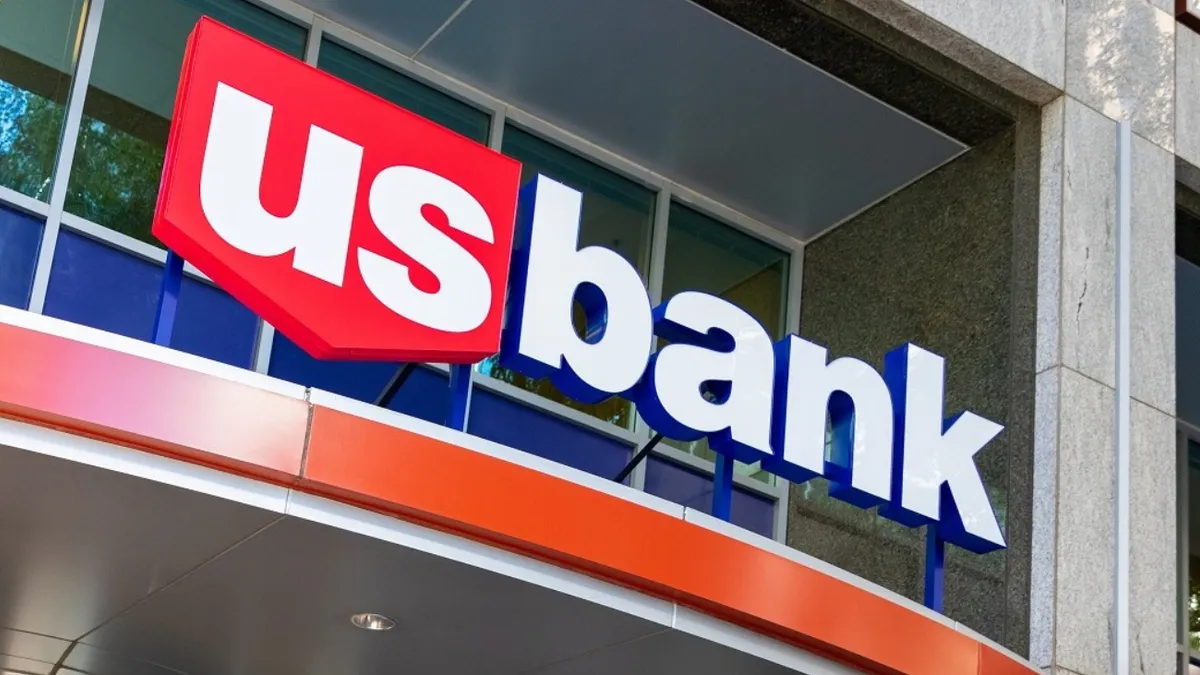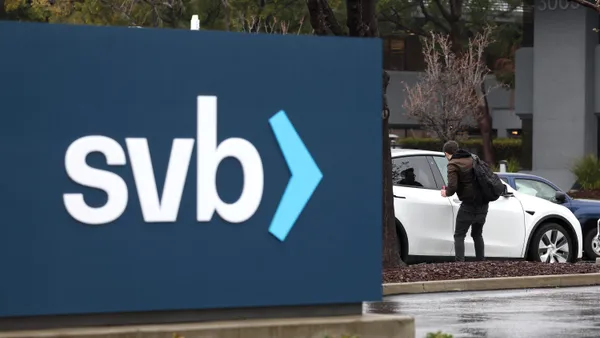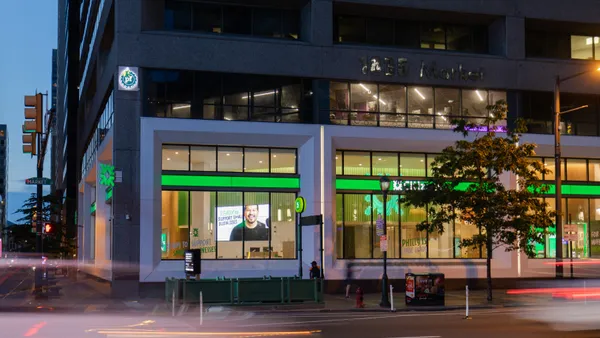Dive Brief:
- London-based Starling will stop advertising on social media platforms owned by Meta, including Facebook and Instagram, according to a blog post Thursday by the challenger bank's CEO, Anne Boden.
- Boden pointed to the slew of financial fraudsters advertising on Facebook, and argued the neobank could not risk exposing customers to such scams.
- “We can no longer pay to advertise on a platform alongside scammers who are going after the savings of our customers and those of other banks,” Boden wrote.
Dive Insight:
The challenger bank has seen explosive growth in recent times. When the COVID-19 pandemic began, Starling doubled its customer base within months.
Starling’s deposit base is £8.4 billion ($11.4 billion) as of January 2022, compared with £4.8 billion a year earlier. The bank has expanded lending from £1.9 billion to £3.1 billion in the same 12-month time frame.
Starling reached unicorn startup status in March, securing backing from Goldman Sachs.
Since its 2014 founding, Starling has amassed a reach of 2.7 million accounts, including 475,000 for small and medium-sized enterprises (SMEs). The bank touts a 7% SME market share in the U.K. — almost half that of Barclays.
Starling had paid hundreds of thousands of pounds per month to advertise on Meta’s platforms until late 2020, a figure that decreased over the subsequent year, according to Bloomberg. A spokeswoman for the neobank told the wire service Starling's Meta boycott began in mid-December 2021.
“I have repeatedly called out the big tech and social media giants for allowing financial fraudsters to advertise and post content on their platforms that result every day in people being scammed out of their savings,” Boden wrote in Thursday's blog post.
Boden pointed Google's August ban on advertisements for financial services, unless the advertiser was authorized by the U.K.’s Financial Conduct Authority (FCA).
“Facebook (Meta) indicated in December that it will be doing something similar to Google to stop fraudsters advertising on its platform,” she said. “We are still waiting to find out when and how this initiative (from TechUK’s Online Fraud Steering Group) will happen. In the meantime, we’ve stopped all paid advertising on Facebook and Instagram.”
The number of warnings the regulator issued for scams doubled between 2019 and 2020, Mark Steward, the FCA's executive director of enforcement and market oversight, said in May.













